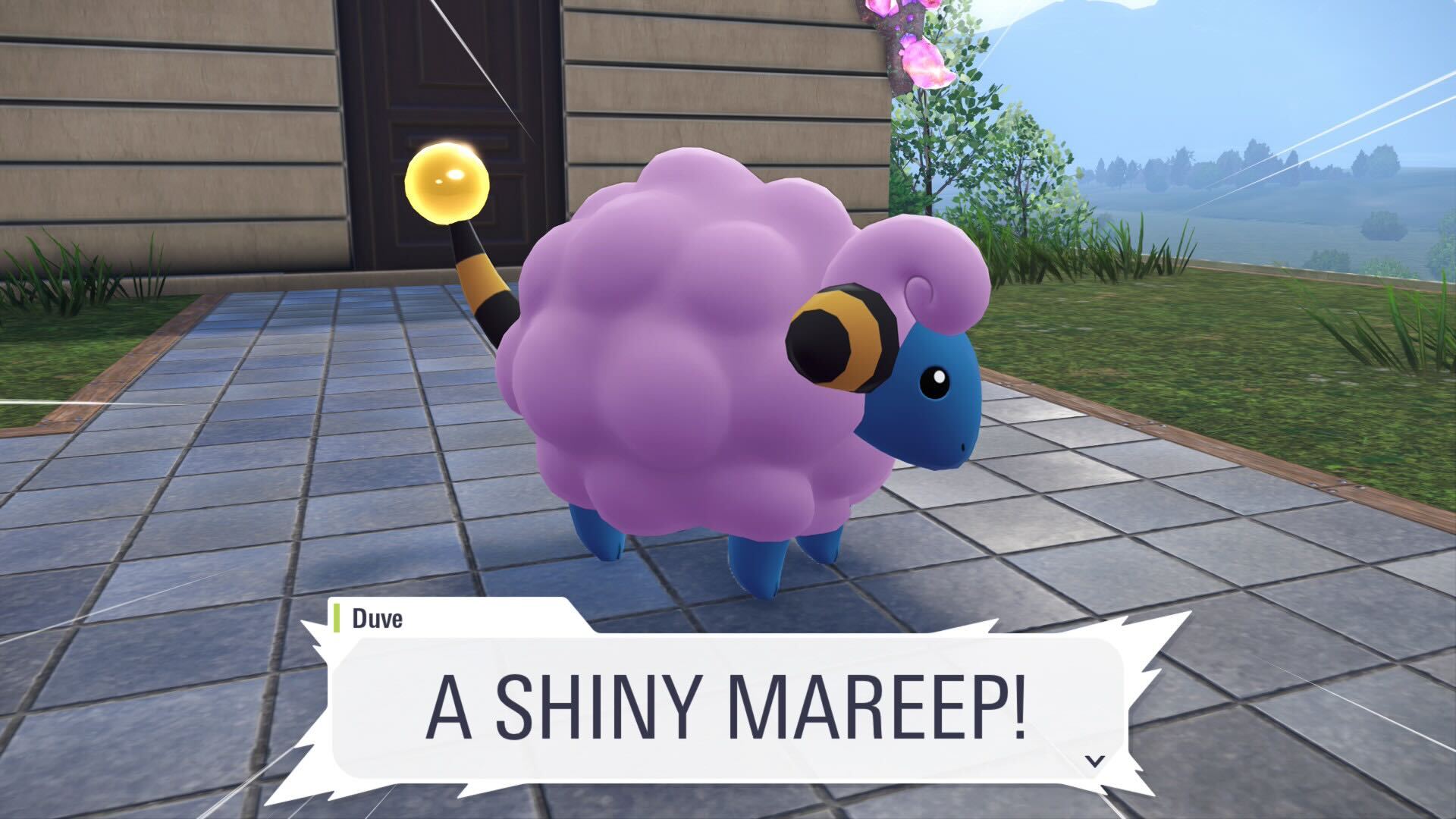
whatsapp changes its terms to bar general WhatsApp has announced significant changes to its terms of service, specifically targeting the use of general-purpose chatbots on its Business API.
whatsapp changes its terms to bar general
Overview of the New Policy
In a move that has garnered considerable attention, WhatsApp has officially banned general-purpose chatbots from utilizing its Business API. This decision comes as part of a broader effort to enhance user experience and maintain the integrity of communications on the platform. The company aims to ensure that interactions via its Business API are meaningful and relevant, rather than being overwhelmed by automated responses from generic chatbots.
What is the Business API?
The WhatsApp Business API is designed to facilitate communication between businesses and their customers. It allows companies to send notifications, customer support messages, and other important communications directly to users on WhatsApp. This API is particularly valuable for businesses looking to engage with their customers in a more personalized manner. However, the introduction of general-purpose chatbots into this ecosystem has raised concerns about the quality of interactions.
Reasons Behind the Ban
WhatsApp’s decision to prohibit general-purpose chatbots stems from several key concerns:
- User Experience: The company has emphasized the importance of user experience, stating that interactions should be genuine and valuable. General-purpose chatbots often provide generic responses that can frustrate users.
- Spam and Irrelevance: The proliferation of generic chatbots can lead to spammy interactions, where users receive irrelevant messages that do not cater to their specific needs or interests.
- Brand Integrity: WhatsApp aims to protect its brand by ensuring that businesses using its API adhere to high standards of communication. Generic chatbots can dilute the quality of brand interactions.
Implications for Businesses
This policy change has significant implications for businesses that rely on WhatsApp for customer engagement. Companies that have been using general-purpose chatbots will need to reassess their strategies and potentially invest in more tailored solutions.
Impact on Existing Users
Businesses currently using general-purpose chatbots will face immediate challenges. They will need to either modify their existing systems or transition to more specialized chatbot solutions that comply with WhatsApp’s new guidelines. This may involve:
- Investing in Custom Solutions: Companies may need to develop or purchase custom-built chatbots that are designed specifically for their brand and customer interactions.
- Training Staff: Businesses may need to allocate resources to train staff on how to manage and optimize these new systems effectively.
- Potential Loss of Functionality: Some businesses may find that the features they relied on with general-purpose chatbots are not available in more specialized solutions.
Opportunities for Innovation
While the ban poses challenges, it also opens up opportunities for innovation. Businesses may explore new ways to engage customers through more personalized interactions. Some potential avenues include:
- Enhanced Customer Support: Companies can leverage specialized chatbots to provide tailored support, ensuring that customer queries are addressed more effectively.
- Data-Driven Insights: By utilizing chatbots designed for specific industries, businesses can gain valuable insights into customer behavior and preferences, allowing for more targeted marketing strategies.
- Integration with Other Tools: Businesses may explore integrating their chatbots with other customer relationship management (CRM) tools to create a more seamless experience for users.
Stakeholder Reactions
The response to WhatsApp’s new policy has been mixed among stakeholders, including businesses, developers, and users.
Business Community
Many businesses have expressed concern over the abrupt nature of the change. Some industry leaders argue that the ban could stifle innovation and limit the ways in which companies can engage with their customers. Others, however, have welcomed the move, recognizing the need for higher-quality interactions on the platform.
Developers and Tech Experts
Developers who create chatbot solutions have also weighed in on the policy change. Some see it as a necessary step to improve the overall quality of communication on WhatsApp, while others worry that it may limit the functionality of chatbots that have been effective in certain contexts.
User Perspectives
For users, the ban on general-purpose chatbots could lead to a more streamlined and relevant experience on WhatsApp. Many users have expressed frustration with generic automated responses that fail to address their specific needs. The hope is that, with this policy change, interactions will become more meaningful and tailored to individual preferences.
Comparative Analysis with Other Platforms
WhatsApp’s decision to ban general-purpose chatbots is not entirely unique in the tech landscape. Other messaging platforms have also taken steps to regulate the use of chatbots to enhance user experience.
Facebook Messenger
Facebook Messenger, which is owned by the same parent company as WhatsApp, has implemented similar restrictions on chatbot functionality. The platform has focused on ensuring that businesses provide valuable interactions rather than spammy or irrelevant messages. This has led to a more curated experience for users, aligning with WhatsApp’s recent changes.
Telegram
In contrast, Telegram has adopted a more open approach to chatbots, allowing for a wider range of functionalities. While this has led to innovative uses of chatbots, it has also resulted in challenges related to spam and irrelevant content. WhatsApp’s decision to restrict general-purpose chatbots may be a response to these challenges, aiming to strike a balance between innovation and user experience.
Future Outlook
As WhatsApp implements its new policy, the future of chatbot interactions on the platform remains to be seen. The company has indicated that it will continue to monitor the effectiveness of its Business API and make adjustments as necessary. This could lead to further changes in the types of chatbots that are allowed and the functionalities they can offer.
Potential for New Features
WhatsApp may also explore the introduction of new features that enhance the capabilities of specialized chatbots. This could include:
- Advanced AI Capabilities: As artificial intelligence continues to evolve, WhatsApp may integrate more sophisticated AI technologies into its Business API, allowing for more dynamic and responsive interactions.
- Improved Analytics Tools: Businesses may benefit from enhanced analytics tools that provide insights into customer interactions, helping them refine their strategies over time.
- Collaboration with Third-Party Developers: WhatsApp could partner with third-party developers to create a marketplace for specialized chatbots, fostering innovation while maintaining quality control.
Conclusion
WhatsApp’s decision to ban general-purpose chatbots from its Business API marks a significant shift in its approach to business communications. While the change presents challenges for some businesses, it also opens up opportunities for more meaningful interactions and innovation. As the platform evolves, stakeholders will need to adapt to these new guidelines, ensuring that they provide valuable and relevant experiences for users.
Source: Original report
Was this helpful?
Last Modified: October 18, 2025 at 7:36 pm
3 views















